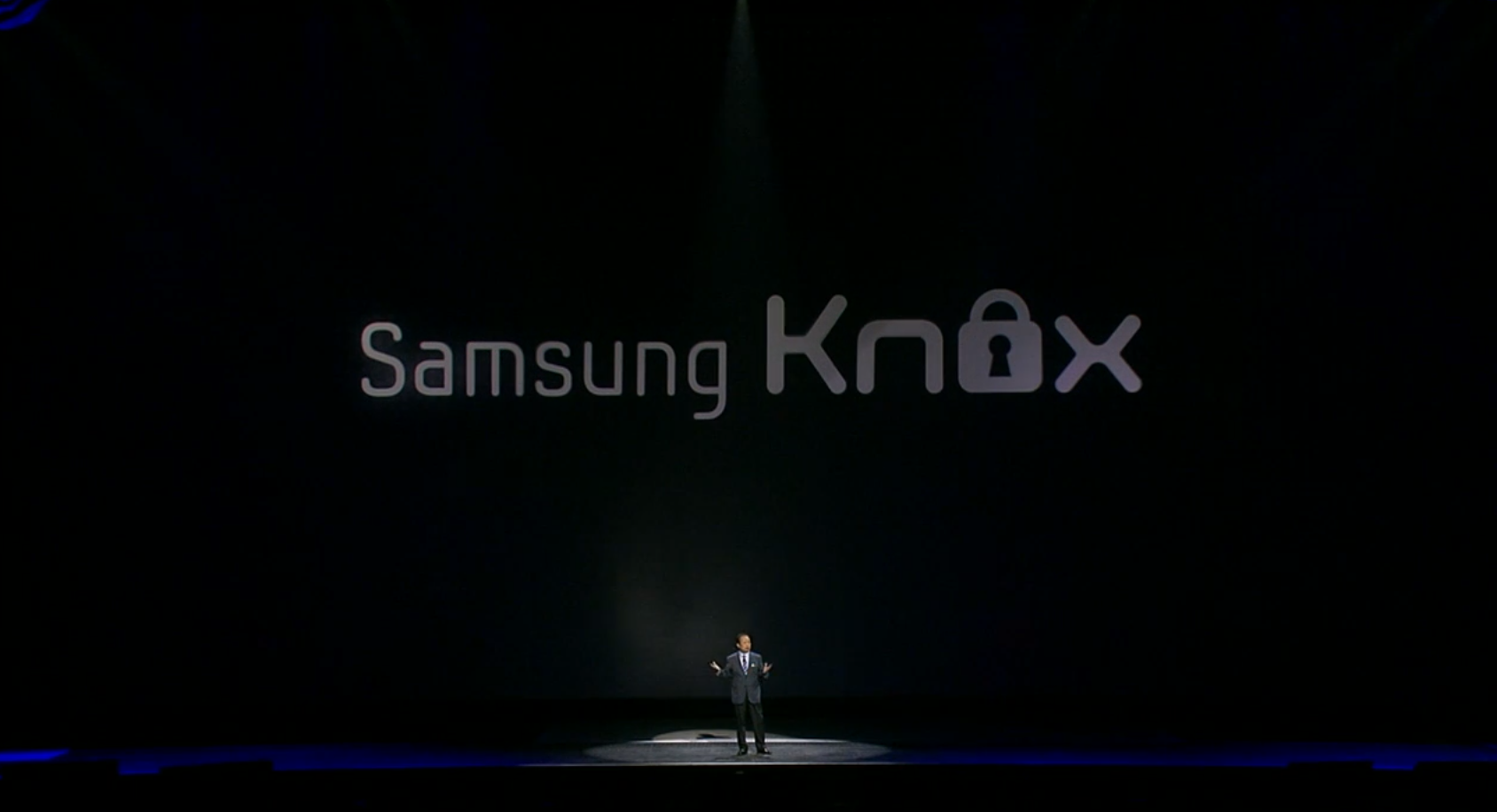Pentagon approves Samsung Knox and BlackBerry 10 for government use ahead of iOS 6

 Earlier this week we told you that the Defense Department was nearing a decision on approving the three major mobile platforms through new security approvals that would allow widespread use of devices by government agencies and the DoD networks. While the department is yet to grant approval to Apple’s iOS 6 for for nonclassified communications by military agencies, today the Wall Street Journal provides an update noting that both Samsung’s Knox security software and BlackBerry 10 have now received the approvals ahead of Apple:
Earlier this week we told you that the Defense Department was nearing a decision on approving the three major mobile platforms through new security approvals that would allow widespread use of devices by government agencies and the DoD networks. While the department is yet to grant approval to Apple’s iOS 6 for for nonclassified communications by military agencies, today the Wall Street Journal provides an update noting that both Samsung’s Knox security software and BlackBerry 10 have now received the approvals ahead of Apple:
RIM announced late Thursday that the Department of Defense approved smartphones and tablets running on BlackBerry 10, the company’s new operating system, for use throughout DOD networks…Samsung devices outfitted with Knox, the company’s new security software offering, also received Pentagon approval Thursday, according to a DOD spokesman. Apple’s approval is still expected in the “next few weeks,” according to the spokesman.
As of February, BlackBerry made up the majority of the 600,000 devices on the DoD’s networks. Currently the networks consist of around 470,000 BlackBerrys, 41,000 Apple products, and 8,700 Android devices, although that could quickly change thanks to the new security approvals allowing more government agencies to adopt Samsung and Apple devices.
 The iPhone and iPad have already been cleared for use by a number of US government agencies, and in February the US Defense Department
The iPhone and iPad have already been cleared for use by a number of US government agencies, and in February the US Defense Department  In December, we heard reports that the Pentagon had
In December, we heard reports that the Pentagon had 